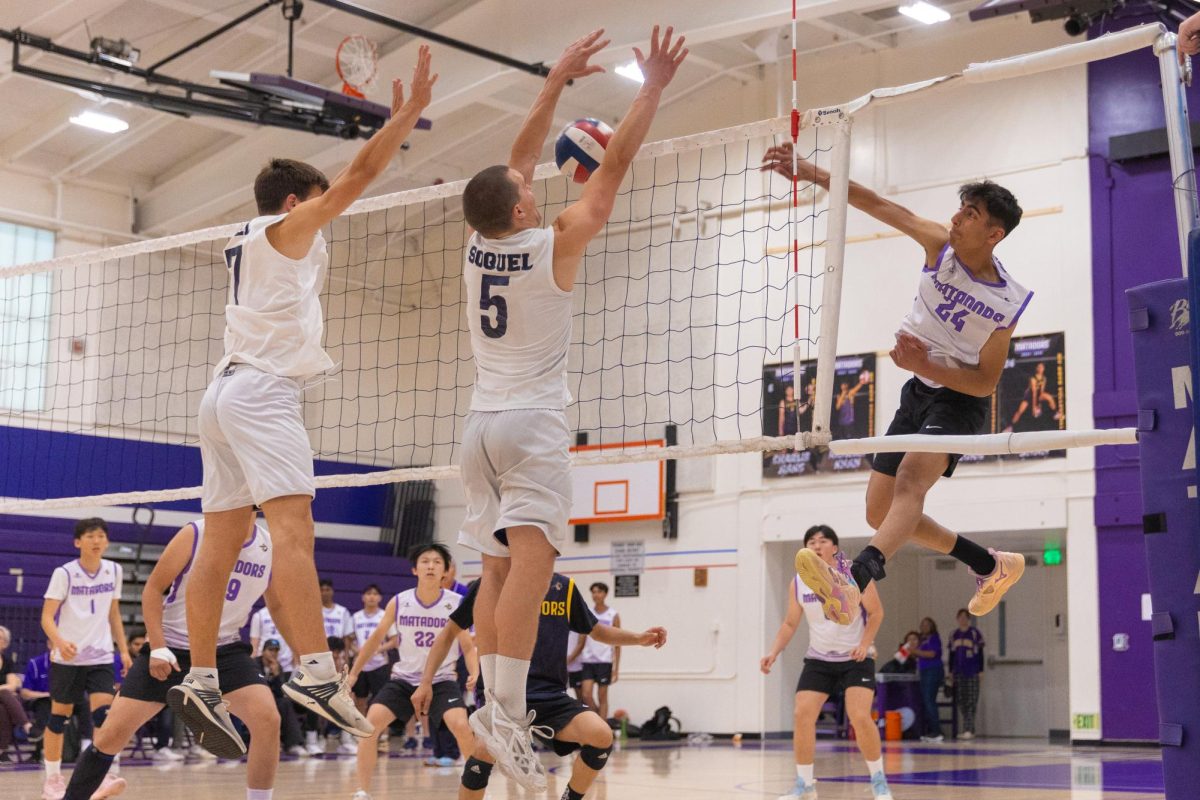hen senior Brad Ohadi joined the boys soccer team his freshman year, he recognized the amount of talent on the team but felt that team spirit was lacking. This led the team to struggle in games despite their skill, as players felt “unmotivated” by their teammates. Having experienced the struggles of a disconnected team, Ohadi has worked on creating a family environment on the team this year.
“The tough part [of my freshman year] was that none of my friends were on the team, so experiencing that wasn’t the most fun thing,” Ohadi said. “We have a couple underclassmen [now, and] I play one-on-one, things like that after practice. I just try to make them feel welcome.”
Ohadi has noticed that team bonding leads to significantly better performance in games. He said that despite a talented team his freshman year, the team missed playoffs by eight points as opposed to two points last year, when the team was less experienced but better connected.
Whether it be to improve team communication, player confidence or simply for fun, bonding has grown to be an important factor in team performance.

Junior Kirthi Gomatam, who plays girls basketball, had a similar experience to Ohadi over her years on the team. During her first year on the varsity team, Gomatam felt that she was not performing at her best because she did not know any of the other players. She said that it was only after getting to know her teammates and feeling like she was truly part of the team that she started contributing and practicing more.
“As you get more comfortable with the players on the team, especially from all the bonding, you start to feel more confident and when you play [the confidence] reflects as well,” Gomatam said.
For the girls basketball team, team bonding is a tradition. The team has sleepovers at its coach Sara Borelli’s house and also holds frequent team lunches, dinners and breakfasts. Gomatam appreciates that Borelli is included in bonding events like sleepovers, since it is something that teams do not usually do.
“It’s nice having all these basketball traditions because when you’re a new player and you get to [participate in] a tradition that [the older players] have been doing for so long… it makes you feel really included in the team,” Gomatam said.
Unlike these teams, which mostly have organized bonding events, the boys soccer team’s primary bonding is done through its many post-practice hangouts. According to Ohadi, the team often does impromptu sleepovers or dinners at each other’s houses. Ohadi enjoys these on-the-spot hangouts more than pre-planned events because he feels that bonding is something that cannot be forced and should come naturally.
Through the years, Ohadi has seen the players come together and become a family. Unlike his freshman year, when players seemed eager to finish practice and leave, the current players enjoy the team environment so much that they want to have extended practices.
“This year, when we started winning [and] started playing together… we loved it,” Ohadi said. “Everyday when practice was about to end, every guy was like ‘No, we want to play more,’ and our coach loved that.”








